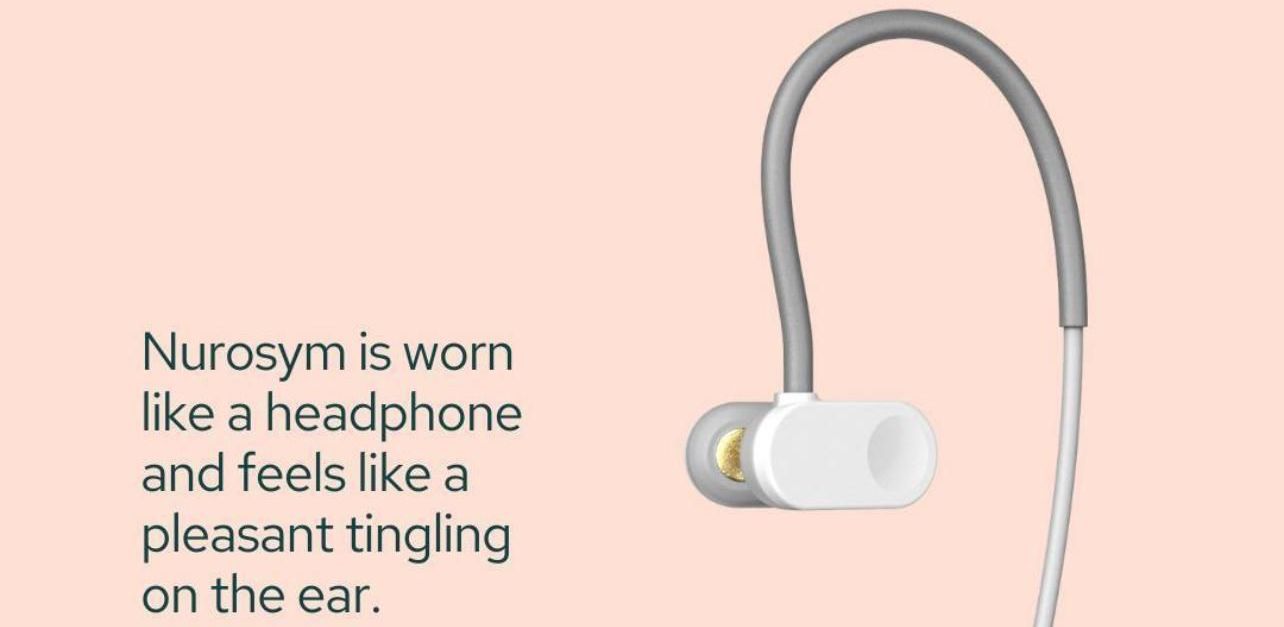Nutritional & Lifestyle Awareness for Mental Health
Eating for Happiness
A free nutrition program supporting mental, emotional, and physical wellbeing
There is a strong and well-established connection between diet, lifestyle, and wellbeing. For children, teenagers, students, and young adults, nutrition can play a meaningful role in supporting mood, energy levels, focus, learning ability, and emotional resilience. What Are We Feeding Our Kids?
Eating for Happiness is a free nutrition program designed to help families, students, and educators understand how everyday food choices can support mental and emotional wellbeing in a practical, non-overwhelming way.
Program details:
Structured, easy-to-follow meal plan
Simple, family-friendly recipes
Full grocery and shopping list
Clear nutritional guidance
Designed to support everyday wellbeing
Who this program is for
- Parents and families
- Students and young adults
- Teachers and school staff
- Anyone seeking practical nutrition support for wellbeing
List of services
Download our Eating for Happiness Program. Free Download
- learn and make positive life choices
- understand and manage emotions
- form and maintain healthy relationships
- cope with change, uncertainty, and stress
What is Mental Health
Nutrition, lifestyle, and wellbeing
- A diet that supports physical health also supports mental wellbeing. A balanced lifestyle includes:
- A variety of fruits, vegetables, and whole grains
- Adequate protein from animal or plant sources
- Healthy fats such as oily fish, nuts, and seeds
- Good hydration and limited sugary or high-caffeine drinks
- Regular meals spread throughout the day
- Movement and physical activity
- Time for rest, relaxation, and mindful practices
- Skipping meals or eating too little can affect energy, mood, and concentration — particularly in children and young people.ialist
Mindfulness and emotional awareness
- stress reduction
- mental clarity and focus
- improved sleep
- confidence and empowerment
Daily Habit Tracker
Track your habits for self improvement.
Improve your habits, improve the quality of your life in just a few minutes a day.



